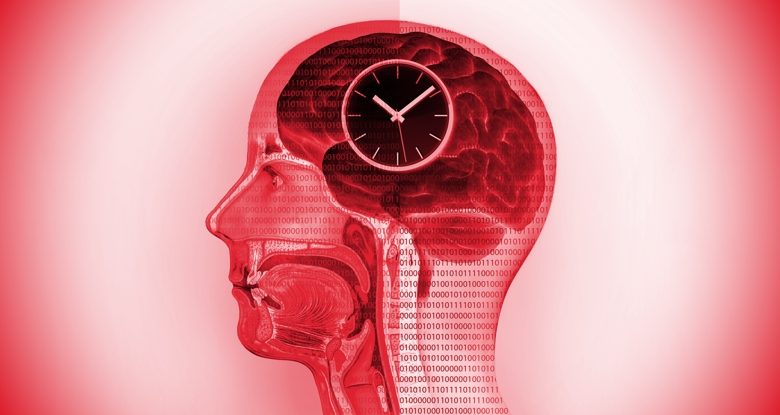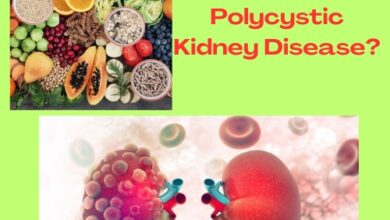Fasting-Style Diet Seems to Result in Dynamic Changes to Human Brains

Researchers attempting to address the persistent obesity epidemic have discovered a crucial finding: calorie restriction that occurs intermittently alters the gut and the brain in notable ways that may provide new avenues for sustaining a healthy weight.
Chinese researchers conducted a 62-day study on 25 obese volunteers who were enrolled in an intermittent energy restriction (IER) regimen, which entails careful calorie restriction and partial fasting on some days.
In addition to losing an average of 7.6 kg (16.8 lbs), or 7.8% of their body weight, the study participants also showed changes in the composition of their gut flora and the activity of brain regions linked to obesity.
When the results were released in December 2023, health researcher Qiang Zeng from the Second Medical Center and National Clinical Research Center for Geriatric Diseases in China commented, “Here we show that an IER diet changes the human brain-gut-microbiome axis.”
“The observed changes in the gut microbiome and in the activity in addiction-related brain regions during and after weight loss are highly dynamic and coupled over time.”
It’s unclear what triggers these alterations or if the brain influences the gut or the other way around. Nonetheless, since the gut and the brain are known to be closely connected, treating certain brain regions may help regulate how much food is consumed.
Functional magnetic resonance imaging (fMRI) scans revealed the alterations in brain activity in areas such as the inferior frontal orbital gyrus that are known to play a significant role in the regulation of appetite and addiction.
Furthermore, specific brain regions have been related to alterations in the gut microbiota, as determined by stool samples and blood tests.
For instance, the bacteria Eubacterium hallii and Coprococcus came were shown to be adversely correlated with activity in the left inferior frontal orbital gyrus, an area related to executive function that includes our ability to control our appetite.
“There is a theory that the brain and gut microbiota interact intricately and reciprocally,” stated Xiaoning Wang, a medical scientist at the State Clinic Center for Geriatrics in China.
“Neurotransmitters and neurotoxins produced by the microbiota enter the brain through blood vessels and nerves. In exchange, the gut microbiome’s makeup is altered by nutrients from our diet, and the brain regulates eating behavior.”
It is believed that over a billion individuals globally suffer from obesity, which raises the risk for a host of various illnesses, including heart disease and cancer. Gaining deeper understanding of the connections between our stomach and brain could be extremely beneficial in avoiding and treating obesity.
According to biomedical scientist Liming Wang of the Chinese Academy of Sciences, “the precise mechanism by which the gut microbiota and the brain communicate in obese people, including during weight loss, is the next question to be answered.”
“What specific gut microbiome and brain regions are critical for successful weight loss and maintaining a healthy weight?”




